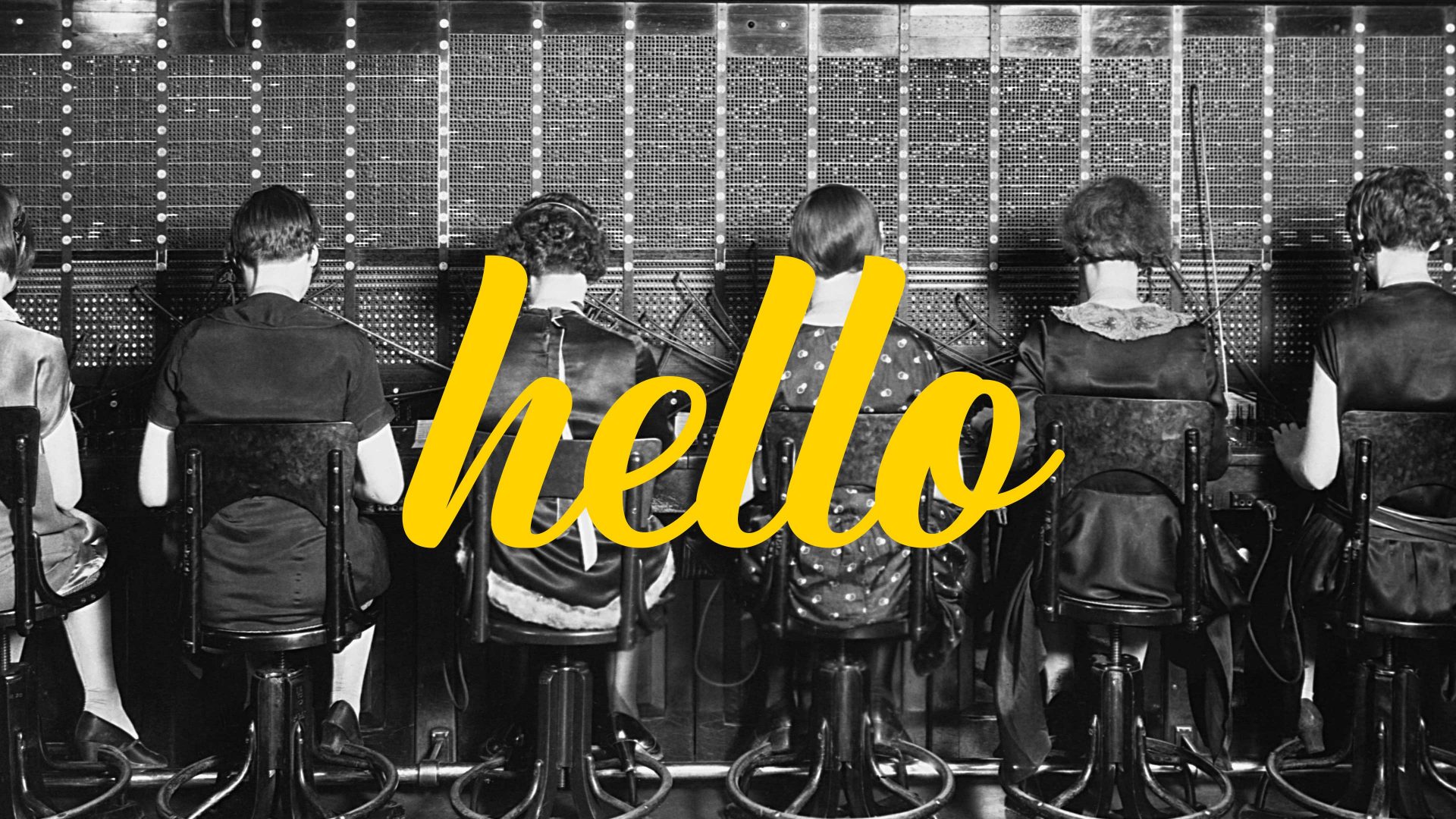As Britain and France move inexorably yet effortfully, excruciatingly yet so easily it feels… facile, towards what may well prove epochal legislative elections, it’s perhaps worth reflecting on these polities’ respective electoral systems in a way that doesn’t reduce their mechanism – and hence meaning – to the level of nit-picking psephology. I mean, it floats my boat, but I suspect the second the initials “STV” leave any pundit’s lips, the frail barque named Democracy begins taking on water.
And besides, agonising about voter registration and identification is all very well, but when it comes to political regimes – the legitimacy of which rests on their participants’ conviction that they exercise the will of the people effectively – there’s a deeper level to be considered – an ideological rather than institutional one.
When pondering the promises of democratic politicians – at once exaggerated, and hackneyed – it’s worth considering what Leszek Kołakowski, the great historian of Marxism, had to say about the whole enactment of progress in society: “To achieve the simplest of improvements in social relations requires the mobilisation of such extraordinary collective energy that if the real importance of this disproportion were to appear to public consciousness in its true light, it would act as a discouraging factor.”
It’s ideologies, Kołakowski asserts, that do the indispensable job of leveraging an “artificial and substantial mythological amplification of the anticipated results”, without which, pretty obviously, no one would bother even trying to make anything better, publicly or privately. Socialism, liberalism, conservatism, ethno-nationalism, fascism, and of course every religion, functions in this way to persuade all those myriad tiny little human wills to combine, without them needing to grasp precisely how that combination will result in things getting better – which, unlike death and taxes, is never, ever a certainty.
The communist utopia, heaven, loads more stuff, the Will to Power, enlightenment, the Singularity… all have, are, and will, one hopes, world without end, be deployed to pull more wool over the sheeples’ eyes, – or, depending how you look at it, inspire autonomous and conscientious people towards self-sacrifice and public duty. The problem for western democracies at the moment is that the ideologies sustaining them are patently not working – there’s no mythological amplification; no “taking back control”, in the case of post-Brexit Britain, nor Macronista squaring of the circle that will enable France to retain its social democratic conception of social security in a neoliberal, globalised world.
The ideologies aren’t working – and neither are the political parties. Labour has never really survived being decoupled from the union movement – while the Tories, again and again, are vermiculated from within by worms like Farage. What’s worse, no one in political life dares to even speak out, let alone act seriously, against the technologies and their associated media, which now take the role of “mythological amplification” formerly undertaken by the likes of, um, the Archbishop of Canterbury, and Keir Starmer’s namesake.
How can I say this? Well, there’s no politician fighting the elections in Britain or France who resiles from, or in any way criticises, the use of the web for electioneering; and yet every single conscientious politician also knows that the message of this particular medium is its bidirectional and equalising capability. It’s precisely because anyone can express their views in this public forum with a few keystrokes that public life has become so debased – for the perception has arisen that representative democracies should aggregate political opinion the way the internet retailers do consumer choice.
Why wouldn’t it? Neoliberalism affirms the benignity of the market, and every time we click on another T&Cs confirmation box we also, um, confirm this. The trouble is, this is in fact the precise opposite of how representative democracies should function. In France, their leading public intellectual, the valetudinarian bad boy Michel Houellebecq, pushes the idea of direct democracy as the solution to the deficiencies of the current system, on the basis that the Fifth Republic’s institutions are unable to effectively transmit the public will.
But we really have to go back to the good old days of the Greek polis to see this sort of system functioning effectively – and besides the lack of good wifi connections during the Periclean Age, what neo-Nietzscheans like Houellebecq seem to forget, is that these were societies where a small number of relatively wealthy men lounged around having high-flown debates, while slaves and women did the all the graft.
Or perhaps they don’t. Houellebecq’s anti-immigrant and anti-EU rhetoric has just become part of the mood music of the resurgent right in France. The problem for representative democrats, is that the means of effectively disaggregating public opinion, and so dampening down those mass hysterias that end in fantastic lightshows and the Nuremberg Rally, lie entirely between people’s ears.



